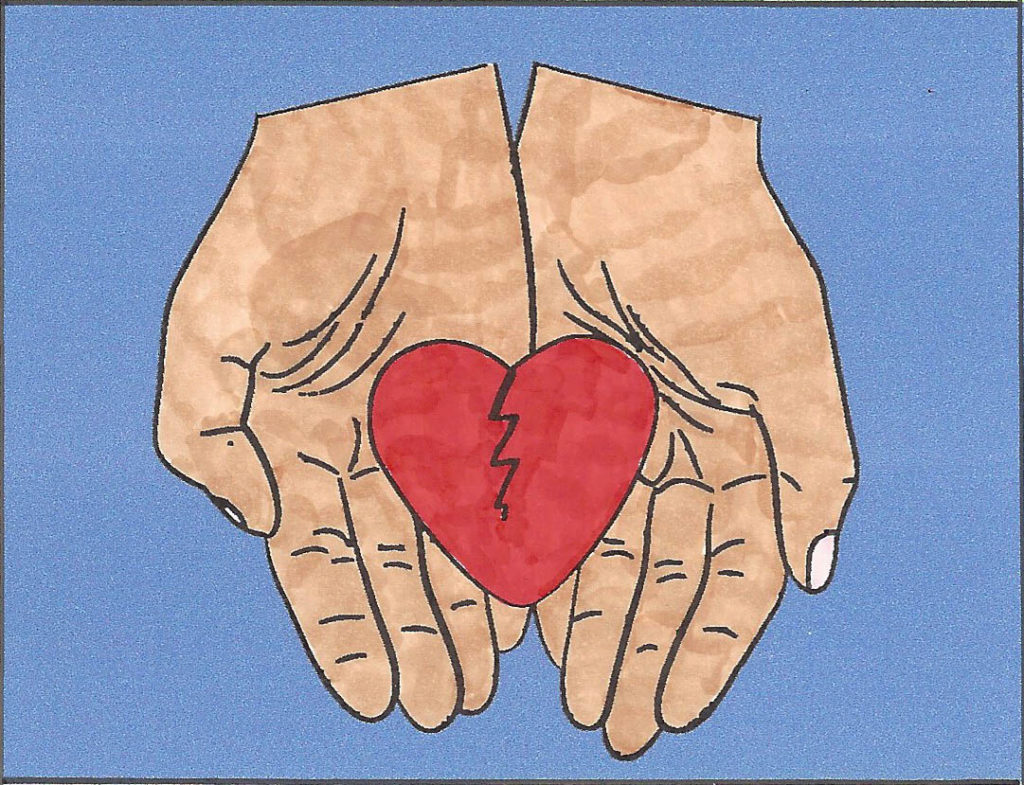
With years of therapy, coaching, and a plethora of self-help programs, it never ever occurred to me that I might want to consider how the pain and trauma experienced by my ancestors might be contributing.
Like many people in the United States, I believe that when we die, our spirit somehow lives on. But it always seemed to me that death meant that we left our messy Earth-based attachments behind and our spirits flew free and enlightened into a blissed out existence.
Many indigenous cultures understand the Spirit world to be just as complex and multifaceted as the physical world. They believe that in the best case scenario, when we die, our spirits leave the physical world for the world of spirit and we join our wise, healthy ancestors.
But human beings who have experienced trauma and hardship often bring the energy of those traumas along after death. In a practical sense it means their spirits are essentially troubled ghosts. And in the beliefs of indigenous people, those ghosts can and do affect the living in harmful ways.
Here is an example of how the troubled spirits of my recently deceased relative affected me. My mother’s father, Martin Fink, came to the United States alone when he was 16. Through his hard work and enterprise, he ran two retail stores in Chicago selling work wear and uniforms. The successful business my grandfather built enabled him to create a comfortable middle-class life for his family. My mother and her siblings all graduated from college, something my grandfather was immensely proud of. My grandfather also had natural talent for investment and did well by investing in the stock market.
But my grandfather had also experienced great privation as a child growing up in Poland. He knew what it was like to go hungry. He knew what it was like when there were no jobs and his father couldn’t support the family. All his life my grandfather had a terror of not having enough to eat. One of his greatest fears was that he would not be able to provide for his family. This was despite all evidence to the contrary.
My grandfather had strong beliefs that it was the job of the man to take care of his wife and children. When my sisters and I were attending college, he didn’t understand why we were bothering to get degrees in business. When we told him it was so we could get jobs and support ourselves, he thought we were being silly. He expected us to get married and be supported by our husbands.
Knowing what I know now, I believe my grandfather’s troubled spirit continued to reach out in an effort to “protect” me. But rather than feeling protected, I experienced a chronic lack of faith in my ability support myself. Like a lot of women of my generation, I had a secret terror that my lack of competence would eventually be discovered and I’d end up being a “bag lady.” This was despite my having an MBA and lots of solid work experience.
When I first began connecting with my ancestors, that was my focus, on healing the the spirits of family who were not yet well because I wanted to feel better. No matter what I did, nothing seemed to touch the pocket of self-doubt and low self-esteem deep within me. I was willing to try anything, even if it meant trying something outside my modern belief system.
That was why I was willing to begin the practice of healing family members who had passed on long before me.

One thought on “Healing a Legacy of Trauma”